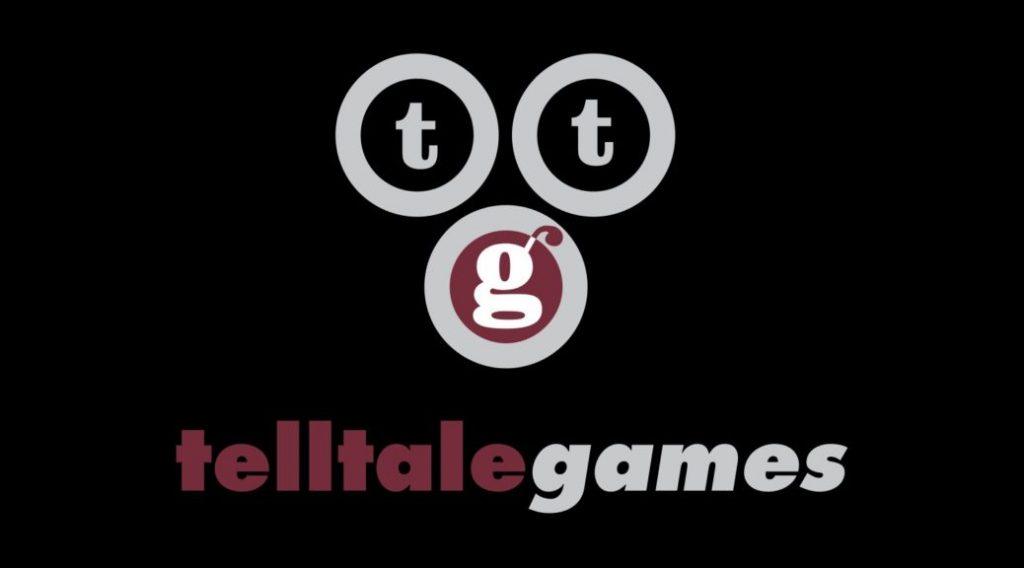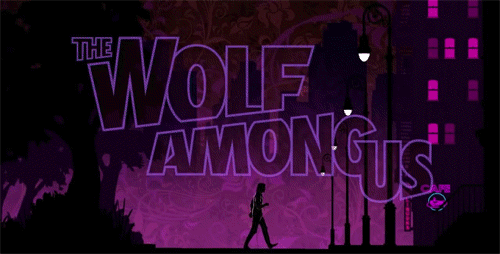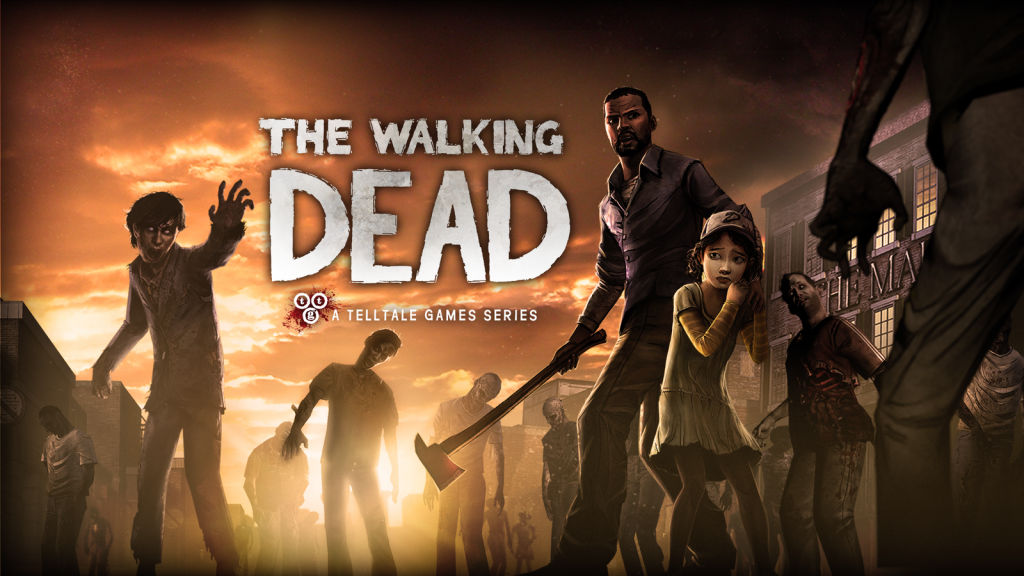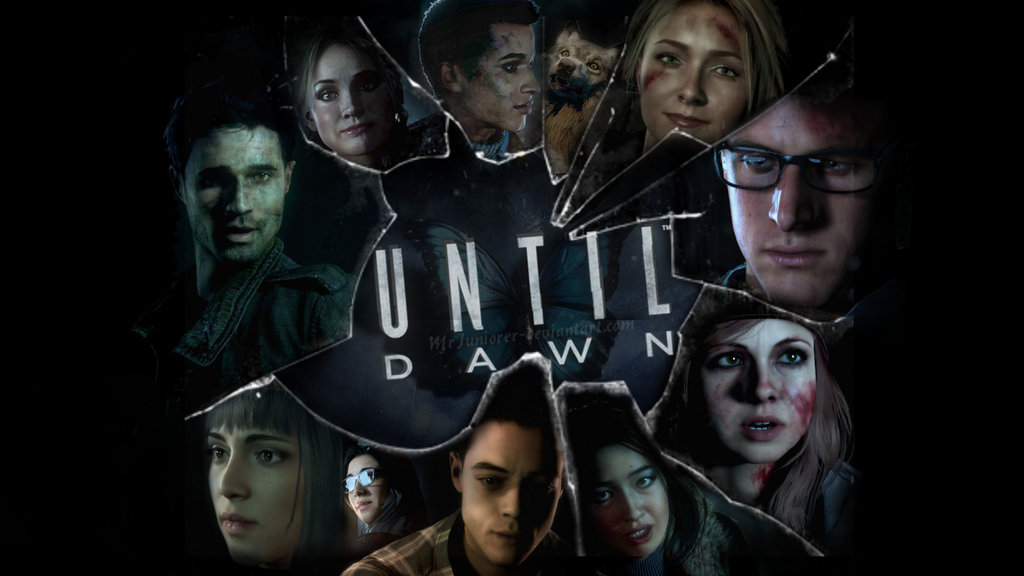
This article originally ran under a different banner/website in October of 2018 and is now being here re-uploaded for purposes of convenience and consolidation. Please enjoy.
LADIES AND GENTLEMEN! DEARLY BELOVED! We are gathered here today to mourn the passing of Telltale Games. On September 21, 2018, Telltale Games released a statement saying they would be laying off around 250 employees and only keeping 25 employees to work on the Netflix Minecraft Story Edition project. As soon as the project is done, Telltales will be closing its doors for good. We mourn its passing, for it was a good studio focused on delivering high-quality stories without resorting to any of the anti-consumer practices plaguing the industry today. I am truly honored to speak at their funeral.
While I am aware of Telltale Games existence long before I stood on my soapbox, I first heard the name Telltale Games in 2012 when The Walking Dead: Season 1, was being showered with praise for asking players to make tense decisions that influence the game’s story. Again their name would come back into my life with their 2013 release of The Wolf Among Us; a game about fairy tale characters trying to live in hiding in a modern-day New York City. The cel-shaded art style along with the lone wolf sheriff Bigby Wolf always captured my imagination. At last, despite The Walking Dead and A Wolf Among Us along with many other titles sitting comfortably in my Steam library, I was never able to dedicate time to these games. I was never able to find myself in the right mood for Telltale’s games, usually choosing a more action-packed game over theirs. A move that will probably haunt me.

Though I will admit, their typical episodic release schedule always drove me to put off playing their titles until all episodes were out. While I can see how an episodic release schedule can assist developers in making their games, I can say as a player, I loathe it. I find episodic storytelling kills a story’s pacing, which is much of the reason I stopped watching TV. With episodic games, I often find myself forgetting about the title while waiting for the complete game, like Hitman, or annoyingly waiting for the final chapter, like Bendy and the Ink Machine. Telltale’s games, unfortunately, fell into the same camp as Hitman. I always hope Telltale would move away from this strategy, but much like Ubisoft, they religiously stuck with the formula that gave them success with The Walking Dead and A Wolf Among Us.

The episodic release schedule wasn’t the only issue with Telltale Games. Much like Ubisoft, their games stuck to a rigid formula and fans were starting to take notice. Fans started to note that even though Telltale Games offered many different story paths, all the choices would eventually lead to one ending. Fans started to feel their choices were meaningless. Making it very hard to summon the energy to play through all the titles Telltale pumped out. Some could say Telltale was oversaturating their own market with games like Game of Thrones, Minecraft: Story Mode, Batman: The Telltale Series, Tales from the Borderlands, and Guardians of the Galaxy.
Now I can see some insidious publishers lining up to cheer the death of Telltale Games. I am sure many of them will be using Telltale’s death as proof for their message. Proof that single-player is dead. Proof that games need microtransactions in them. Proof that your studio will go under if you don’t engage in microtransactions such as Capcom is doing with Devil May Cry V. I am here to tell you to not listen to those lies. Yes, Telltale Games was not perfect. Yes, Telltale Games made mistakes. Some of these mistakes include not providing former employees severance packages and forcing employees to engage in crunch periods, but Telltale Games did not fail due to their lack of microtransactions. Telltale did not fail because they didn’t resort to microtransactions or other psychological manipulation tactics. Telltale Games failed because they chose not to innovate their formula.
While Telltale Games chose to release the same game with only a new coat of paint, games like Until Dawn and Life is Strange was building on the framework Telltale Games had made; including the multiple daunting choices that made Telltale famous. They also learned to make sure the choices didn’t diverge into one ending, these games would continue to branch out and provide many different endings. Until Dawn gained notoriety for having different endings based on which of the teenagers were saved and which were killed. Many people did multiple playthroughs of Until Dawn, not only to see how all the teenagers were killed but to piece together the right choices to get their favorite characters to live through the slasher film-like story.

We lost a good soldier today in the fight against unchecked greed, but the war is not over. I can only hope that studios looking to make quality single-player story-based games will continue to innovate and provide new experiences for players. With Dontnod Entertainment releasing Life is Strange 2 and Until Dawn’s developers, Supermassive Games, working on a new horror series called Dark Pictures Anthology, I can only hope they are not only building on the formula Telltale Games developed but working to improve the changes they made in their previous games. While I personally believe single-player games are not dead, I do believe single-player games could become extinct if they continue to sit in stagnation as Telltale Games did. The sole lesson we can take away from Telltale Games is we must continue to innovate or close our doors as Telltale did.

